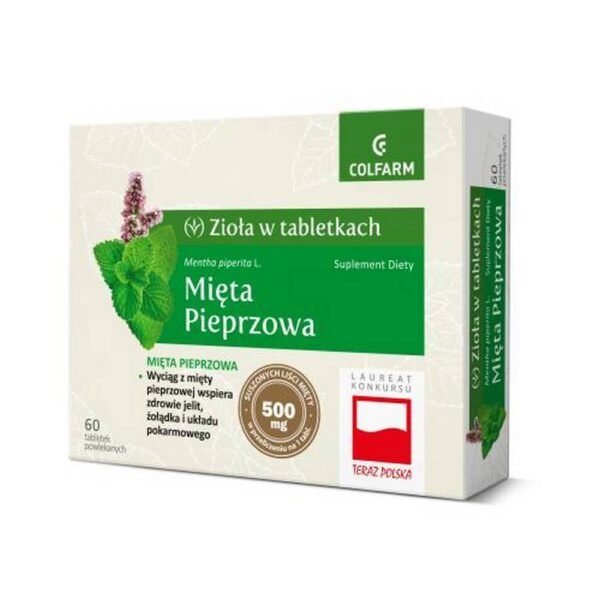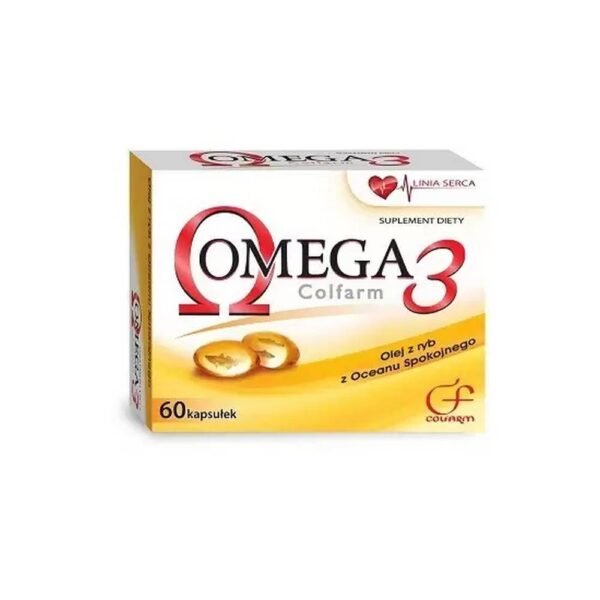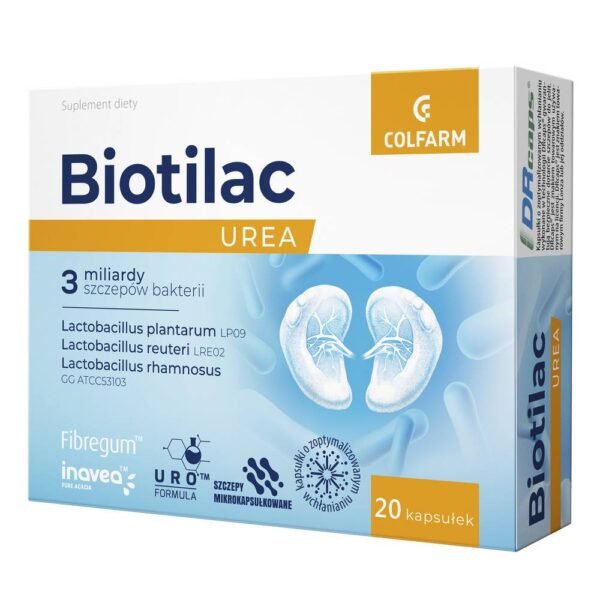The medicine is a mineral preparation that is used to bind phosphate contained in food. This reduces the amount of phosphate absorbed into the body. The medicine is used to treat and prevent elevated phosphate levels in patients undergoing dialysis for severe kidney disease. active ingredients – calcium diacetate 500 mg, calcium ion 126.7 mg. excipients – hypromellose, crospovidone, microcrystalline cellulose, povidone K30, magnesium stearate (vegetable), 2.4 mg sucrose, macrogol 6000, talc. The medicine must not be taken – with increased calcium levels in the blood (hypercalcemia), if you are allergic to calcium acetate or any of the other ingredients of this medicine. Always take this medicine exactly as described or as you have been told by your doctor or pharmacist. Recommended dose: Adult – Unless otherwise prescribed by your doctor, start with 2 film-coated tablets three times a day. The dosage depends on your blood phosphate level. It should be checked regularly. If more is needed to lower your phosphate level, the dosage should be increased gradually. The usual dose is 3-4 film-coated tablets three times a day. The maximum dose of 12 tablets per day should not be exceeded. Treatment is long-term and requires regular medical supervision. Children and adolescents (under 18 years) – There are no data on use in children and adolescents under 18 years of age. Therefore, its use cannot be recommended for these patients. If you take more than you should – Calcium overdose can lead to high calcium levels in the blood (hypercalcemia) and tissue calcification. Symptoms of overdose may include muscle weakness, abdominal pain, constipation, nausea, vomiting, extreme thirst, abnormal heart rhythm, and loss of consciousness. If you forget to take it – Do not take a double dose to make up for the missed dose. Side effects – Severe hypercalcemia (elevated calcium levels in the blood) may occur. Symptoms include: disturbances of consciousness such as drowsiness, disorientation and dizziness, in extreme cases also coma, and decreased renal function. Severe hypercalcemia is accompanied by increased thirst, frequent urination, abnormal heart rhythms and calcium deposits in the kidneys. Long-term treatment with calcium acetate in high doses is associated with hypercalcemia and extraosseous calcifications (calcium deposits outside the bones), namely in the heart valves and blood vessels, blood vessels and tissues, as well as calciphylaxis (calcification of the walls of blood vessels and subcutaneous fat with possible consequences of loss of function, inflammation and necrosis of the affected vessels and tissues). To avoid these problems, it is recommended to keep the calcium acetate dosage as low as possible and adjust it according to the serum calcium and phosphate levels. Mild hypercalcemia (high calcium levels in the blood) may occur. Signs of this include muscle weakness and abdominal pain. Belching, flatulence, nausea, vomiting, constipation and diarrhea may also occur. If you are pregnant or breastfeeding, you should take this medicine only under the specific instructions of your doctor and only under regular monitoring of your serum calcium levels.
Medice Pütter Calcium acetate Nephro, Calciumacetat Nefro 500mg 200 Medice Pütter
€32.40
Medice Pütter Calciumacetat Nefro 500mg 200, the drug is used for the treatment and prevention of elevated phosphate levels in patients undergoing dialysis for severe kidney disease.
SKU:
Atgeizpharm202
Categories: Nutritional supplements, Urinary System
Brand: Medice Pütter
Brands: Medice Pütter
Description
Additional information
| Weight | 0.30 kg |
|---|---|
| Manufacturer |
Medice Pütter |
| Dosage Form |
Tablets |
| Producing Country |
Germany |
| Usage |
Unisex |
Reviews (0)
Be the first to review “Medice Pütter Calcium acetate Nephro, Calciumacetat Nefro 500mg 200 Medice Pütter” Cancel reply
You must be logged in to post a review.
Shipping & Delivery
Related products
Colfarm,Biotilac Urea 20
€11.39
Colfarm,Berberys 60
€12.16
Colfarm,Biotilac Cholesterol 20
€13.01
















Reviews
There are no reviews yet.